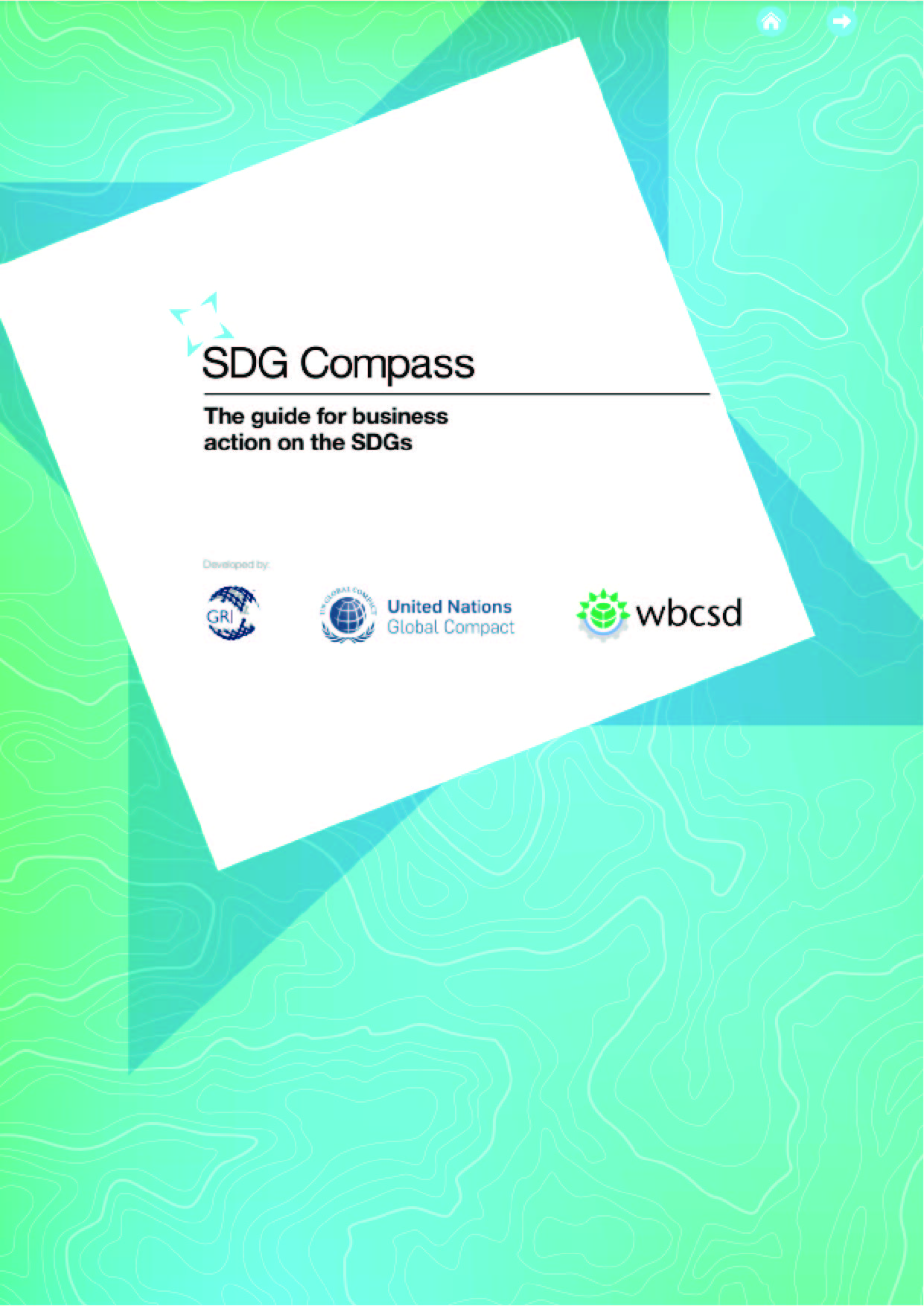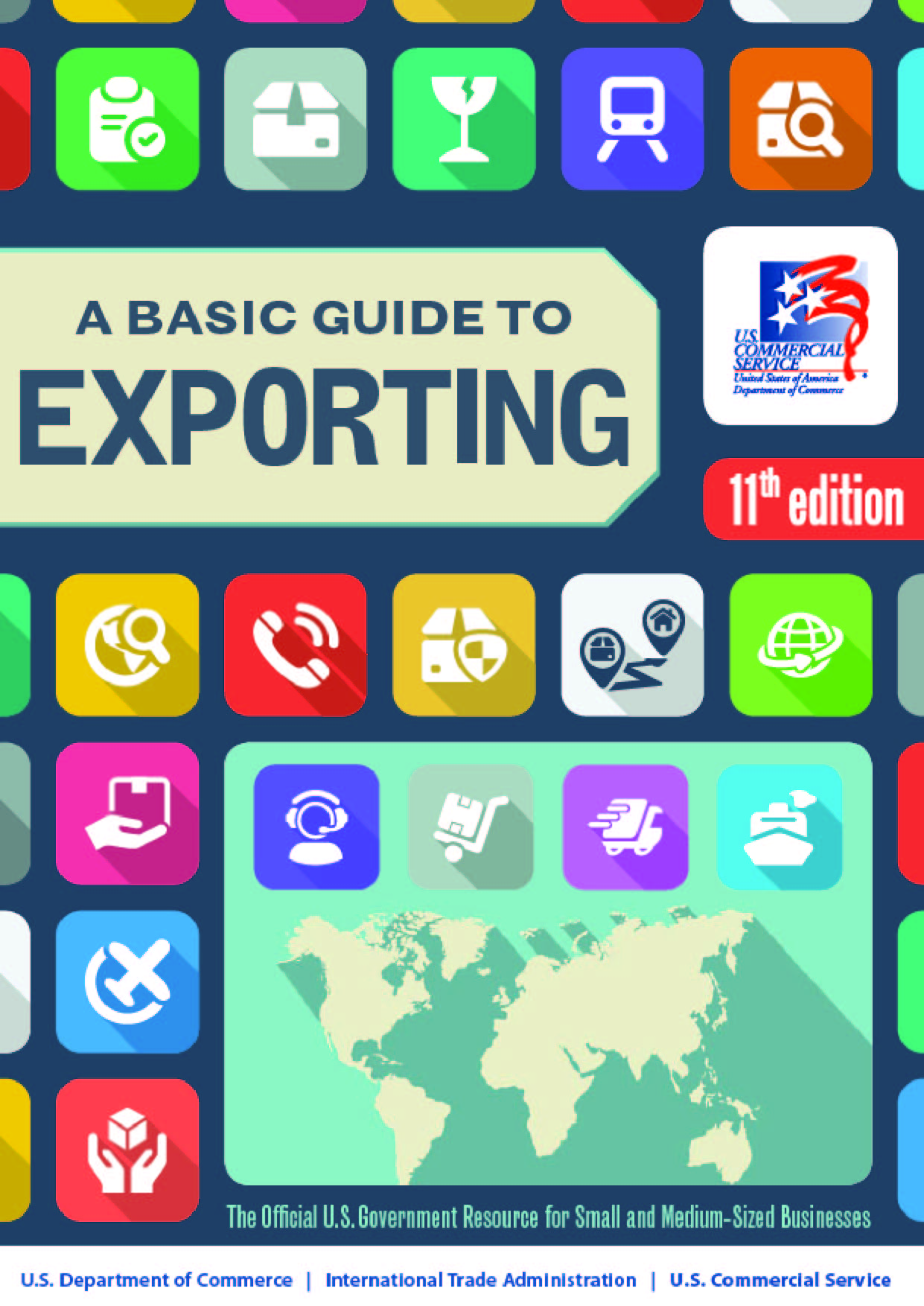The Cambridge IGCSE® and O Level Business Studies Student Textbook will help you to navigate syllabus objectives confidently. It is supported by a Workbook, a Study and Revision Guide, as well as by Student and Whiteboard eTextbook editions and an Online Teacher’s Guide. All the digital components are available via the Dynamic Learning platform.
Business finance: needs and sources
What do finance departments do?
Finance departments fulfill a very important role in business. They have the following responsibilities:
- recording all financial transactions, such as payments to suppliers and revenue from customers
- preparing final accounts » producing accounting information for managers
- forecasting cash flows » making important financial decisions, e.g. which source of finance to use for different purposes within the business.
Why do businesses need finance?
Finance is money. We all need money to purchase the goods and services we require – everyday goods, like food, but also more expensive items such as a house or car. Businesses need finance too – and this is often called ‘capital’. Without finance, businesses could not pay wages, buy materials or pay for assets. Here are three examples of why finance or capital is needed:
- starting up a business
- expansion of an existing business
- additional working capital
Starting up a business
When an entrepreneur plans to start their own business, they should think about all of the buildings, land and equipment they will need to buy in order to start trading. These are usually called fixed assets (see Chapter 24). Nearly all new businesses will need to purchase some of these. In addition, the owner of the firm will need to obtain finance to purchase other assets such as inventories, before goods can be sold to the first customers. The finance needed to launch a new business is often called start-up capital.
Expanding an existing business
The owners of a successful business will often take a decision to expand it in order to increase profits. Additional fixed assets could be purchased – such as larger buildings and more machinery or another business could be purchased through a takeover. Other types of expansion include developing new products to reach new markets. This form of growth could require substantial amounts of finance for research and development.
Additional working capital
Working capital is often described as the ‘life blood’ of a business. It is finance that is constantly needed by firms to pay for all their day-to-day activities. They have to pay wages, pay for raw materials, pay electricity bills and so on. The money available to them to do this is known as the firm’s working capital. It is vital to a business to have sufficient working capital to meet all its requirements. Many businesses have stopped trading, not because they were unprofitable, but because they suffered from shortages of working capital. So, the third major business need for finance is often to raise additional working capital. In all three cases above, businesses may need finance to pay for either capital expenditure or revenue expenditure. It is important to understand the difference.
- Capital expenditure is money spent on non-current assets such as buildings which will last for more than one year. These assets are needed at the start of a business and as it expands.
- Revenue expenditure is money spent on day-to-day expenses, for example, wages or rent.
Sources of finance There are many different sources of finance available. It is common to split them up, or classify them, into different groups. The two most common ways of doing this are:
- internal or external sources of finance
- short-term or long-term sources of finance
Feel free to read through this book if you want to explore more about business studies.











